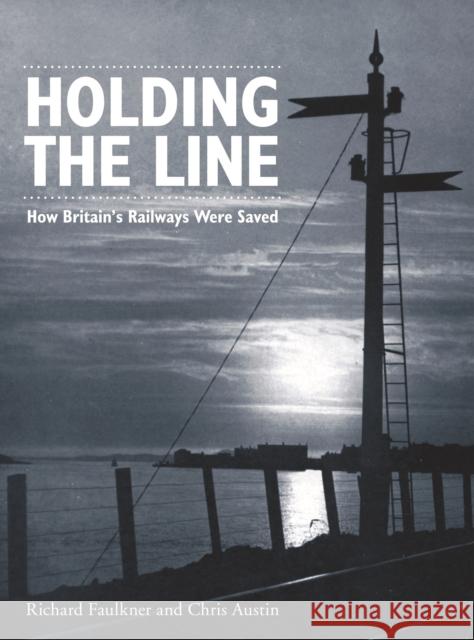Holding The Line: How Britain's Railways Were Saved » książka
Holding The Line: How Britain's Railways Were Saved
ISBN-13: 9780860936763 / Angielski / Miękka / 2018 / 344 str.
At its zenith, the British railway network was 21,000 route miles long, twice its present size. Yet it now carries more passenger miles than at its fullest extent and urgently needs more capacity to grow further. The massive reduction in Britain's national railway network resulted from a sustained campaign by a number of individuals, who believed that railways had had their day, that economies had to be made and that you could not stop what they saw as 'progress'. Although the process of railway closure started early, the pace accelerated during the 1950s and peaked in the years following the Beeching report- The Reshaping of British Railways - published in early 1963. However, it could have been even worse. Original research by the authors reveals plans to reduce the size of the railway network further and an assumption, in the early 1990s, that market forces would shrink the network where Government policies had failed. Had these been implemented, only a handful of lines would have remained with the network destroyed forever. The past is vital to understanding today's railway as the industry struggles to meet the demands made of it. Trimming at the margins remains a compelling argument for policy makers unaware of history, and the risk remains that mistakes could be repeated. Drawing upon a wide range of documents, including cabinet papers, Holding the Line is an explosive account of how close the railway industry came to being eviscerated and how the dangers of 'closure by stealth' still exist in the contemporary age.











